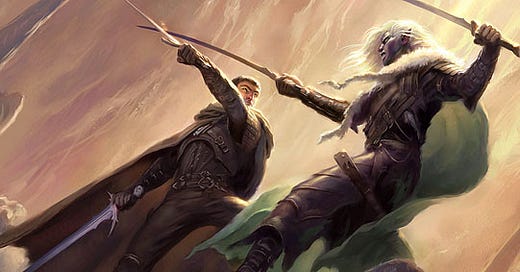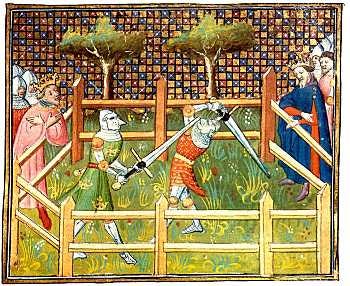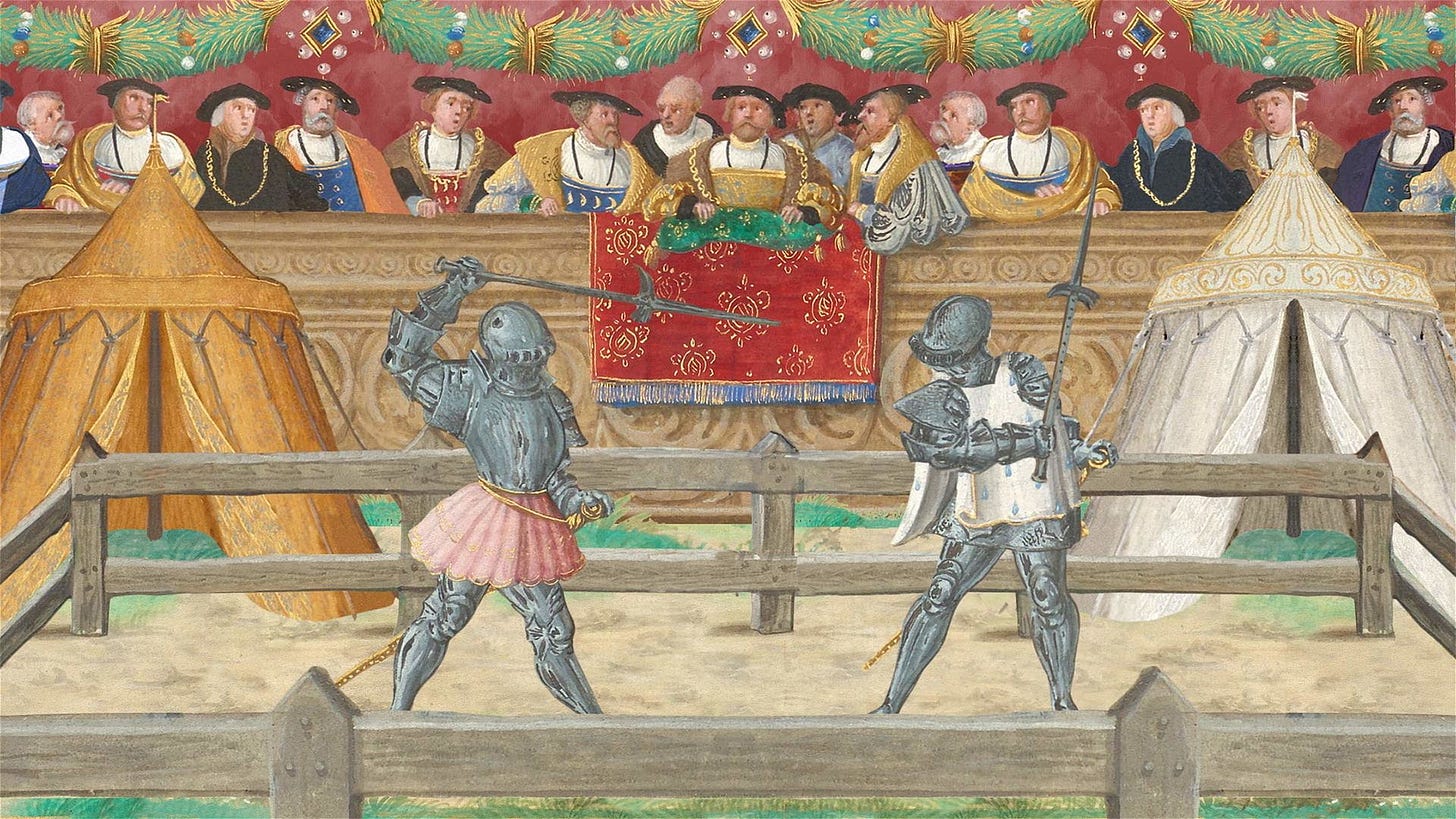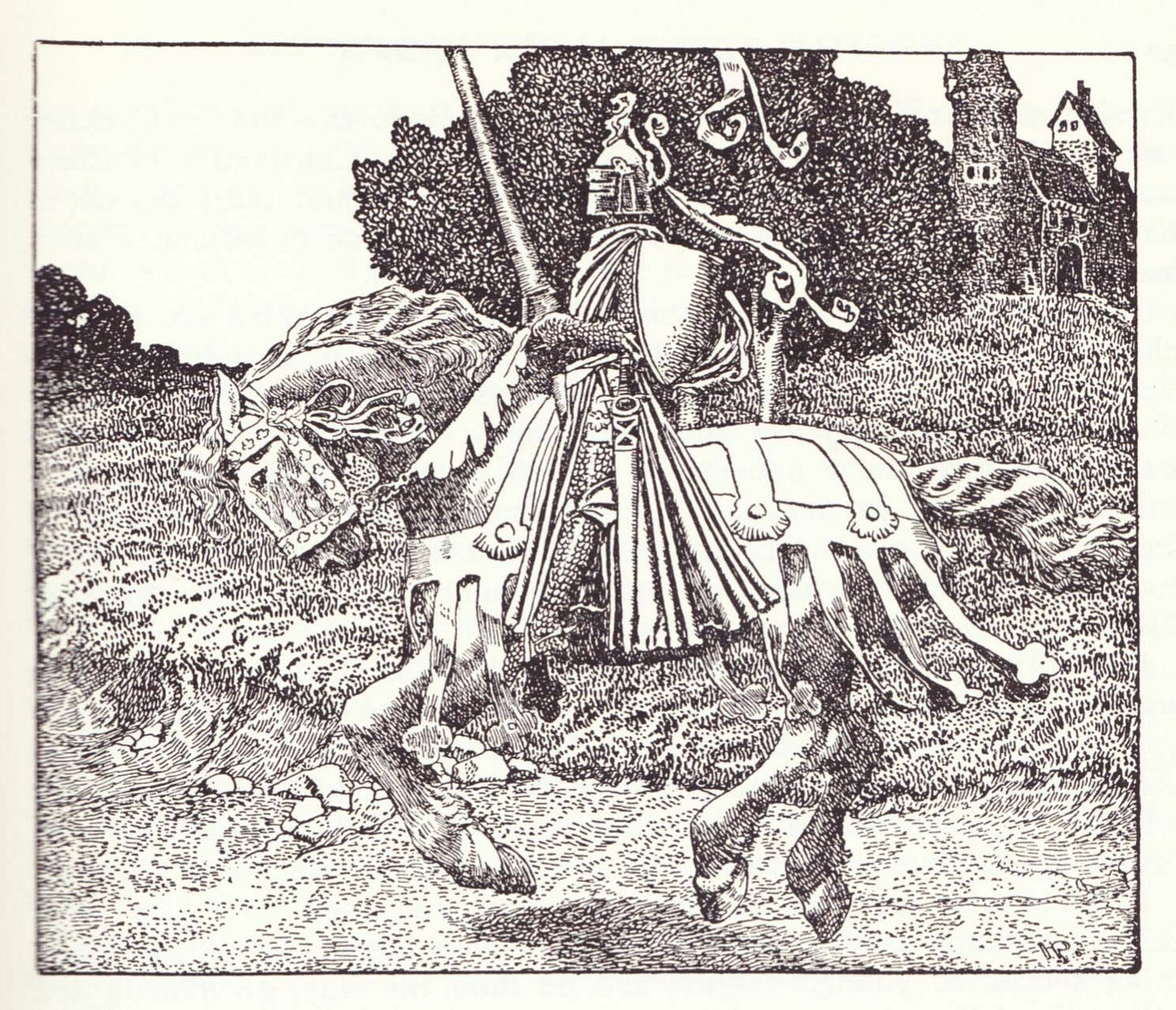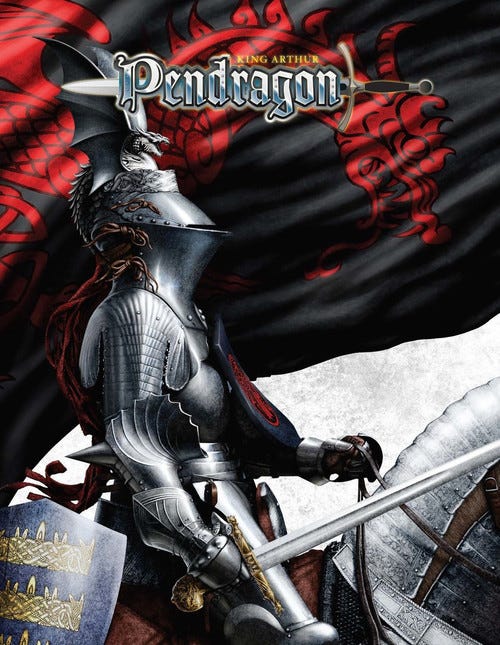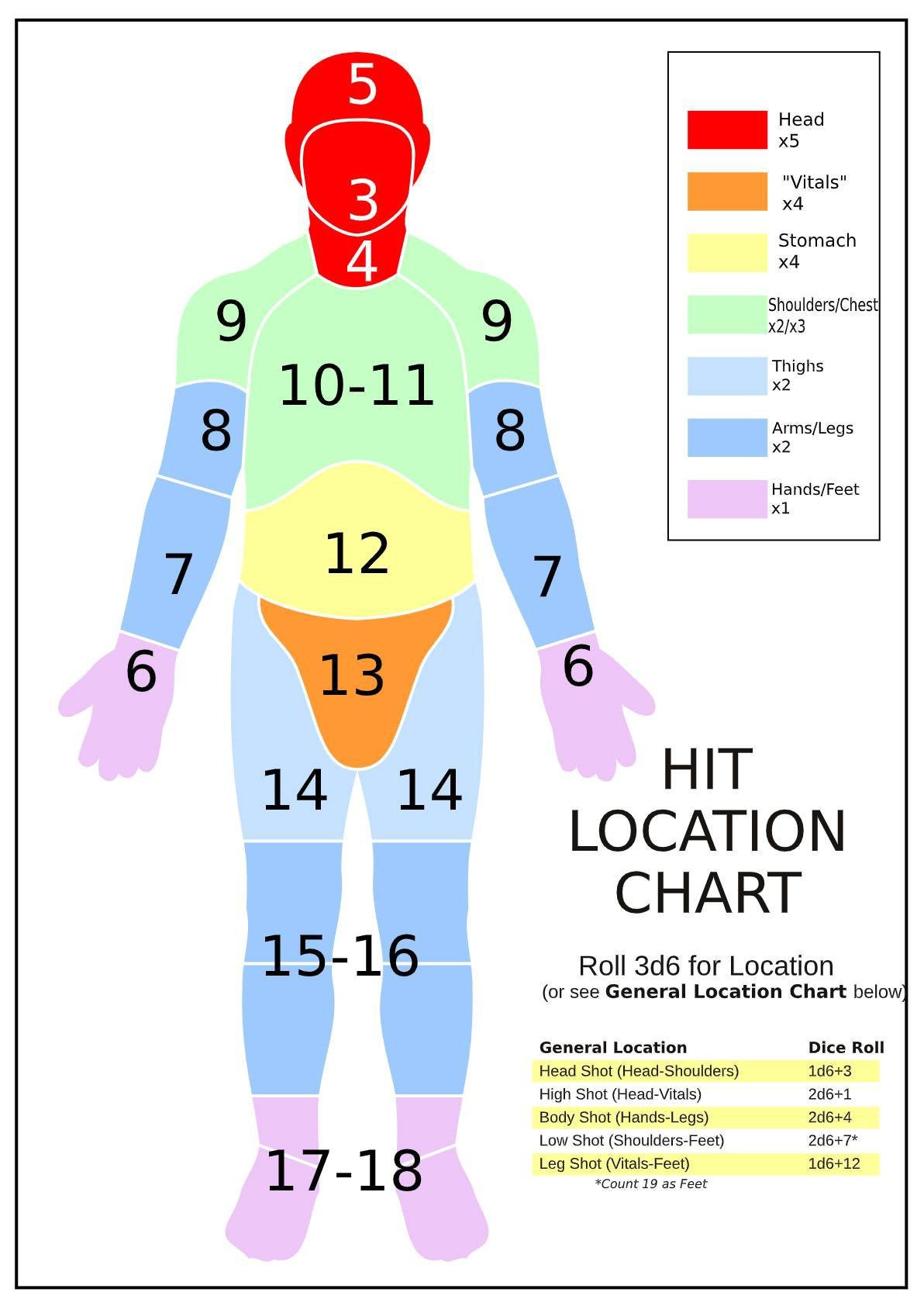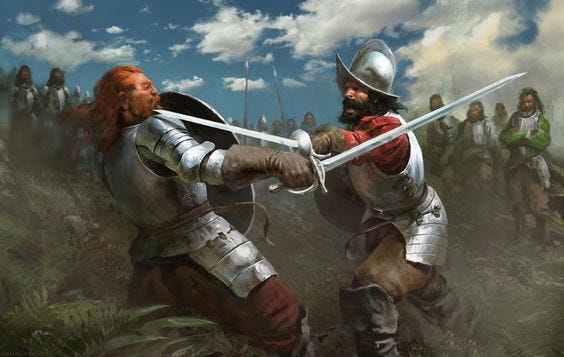Fantasy RPGs allow players to recreate some of their favorite moments from fantasy fiction and medieval history, however one particular aspect of fantasy seems to be missing from the most popular role-playing games: the duel. Whether it’s a climactic duel to the death with a rival, a gladiatorial combat, a chivalric tournament, or a judicial trial by combat, single combat and dueling have the potential to be harrowing consequences for decisions made. However, not many games actually deal with these mechanics in a satisfying way. Today we’re going to discuss dueling and single combat, how to use it, and what mechanics can be used to simulate the circumstances of dueling.
Single combat was a staple of medieval justice. It was a method of settling disputes that was likely adopted from Germanic tribal law, but carried over through to at least the 16th century. It’s a relatively simple concept. The two disputing parties or chosen champions would participate in a sanctioned duel, often to the death, and the winner would be deemed right in the eyes of the law. The judicial duel would also be imposed in situations where severe crimes - notably murder, rape, and treason - where no witnesses could be called.
A slightly less lethal variation of the duel was the medieval tournament. Tournaments began life as war games with full armies but eventually evolved into the 1-on-1 jousting and sword combat that can be seen at your local RennFair. While the intention of these contests was for combat to be simulated, casualties were relatively common and would often happen when two nobles who were feuding found themselves facing off. Some Popes, notably Pope Innocent II, even condemned them as sinful. Innocent II even prohibited church burials for those who died in duels.
These tournaments and honor duels became staples of Chivalric Romance. This is where the duel intersects with fantasy. Knights jousting in tournaments for the affection of a beautiful maiden became standard fare for romances along side dragon slaying and treacherous wizards. You can even see a rougher, more brutal version of the honor duel in Robin Hood’s showdown with Sir Guy of Gisbourne. The DNA of Robin Hood vs Guy of Gisbourne can be seen in every story that features a single combat between the opposing forces of good and evil. It is here that we should bring role-playing games back into the conversation.
Before mentioning the ways in which RPGs fail to address dueling, I should give props to those that don’t. Pendragon, being an RPG with an Arthurian setting, includes rules for jousting and has scenarios built around tournaments. Games like Deadlands and Aces & Eights include rules for the classic western gunfight as well. However, D&D and the games like it though rarely include rules for dueling. This is likely due to the fact that D&D is a party-based game and duels are necessarily one-on-one. However, gladiatorial battles, duels and showdowns still have their place in these games and there are ways to implement them.
Dueling combat is more precise and less random than larger combats. There are also fewer people to split turns between. As a result, you may find that you have room to get more granular with combat. This means Hit Location Charts. You can find various rules for hit locations in GURPS, Hero System, Aces & Eights, etc. Some of them involve cards, most involve dice rolls, but all of them are the same basic principle. The chart determines the location of a hit based on your roll. Alternatively or additionally, you can use called shots rules which usually impose a penalty to hit to target a specific body part. This usually results in increased damage, instant death, or some kind of penalty based on injury.
If hit location is too crunchy for you, maybe you can give bonuses to hit or damage as the fight wears on, representing the increasing chance of a fatal blow as injuries and exhaustion mount. Venger Satanis actually implemented this in 5e with Crimson Escalation which involves the crit range increasing by 1 for every round of combat that goes by. You can do that, double damage for all hits, give bonuses to hit for every round, etc. Which ever method you choose, the result will be the same. Your chances of killing your enemy go up, but their chances of killing you go up too.
I want to put out a warning to anyone looking to use these systems in their game; make sure your chosen game doesn’t already have a system for dueling or single combat and make sure your chosen rules fit with your system without breaking anything. I call this the Crossface Rule because it’s something Crossface would tell you to do. Not every mechanic works within every ruleset, so try to solve your problem with the given rules in your rulebook before looking outside them.
In summary, dueling is a great historical and fantasy concept that definitely belongs in RPGs. There are a number of ways to handle a duel, but the best ones will involve an increase of tension and danger as the fight drags on. Just make sure you’re not breaking your game by implementing a new system.

